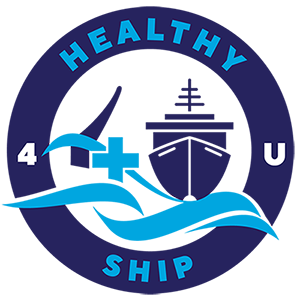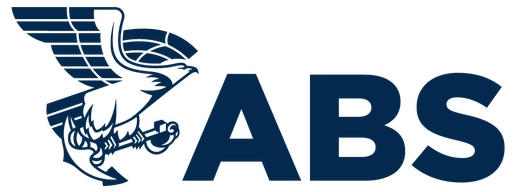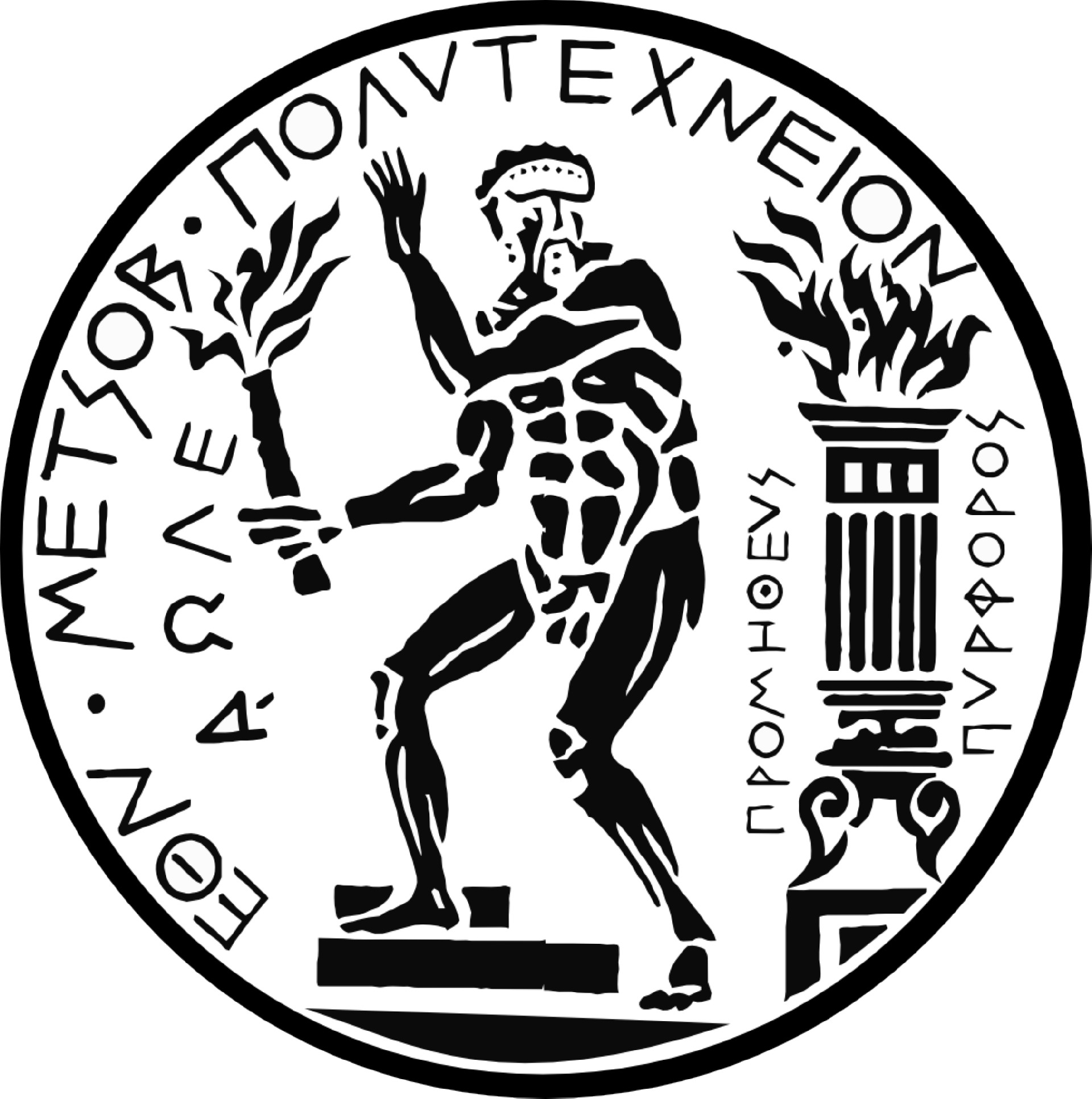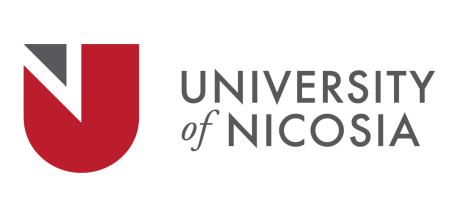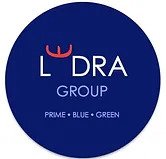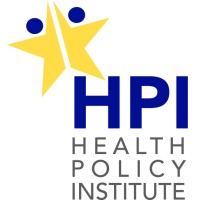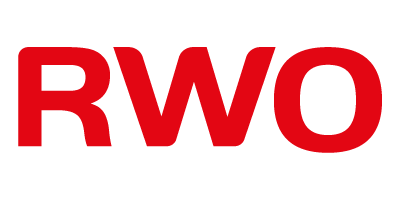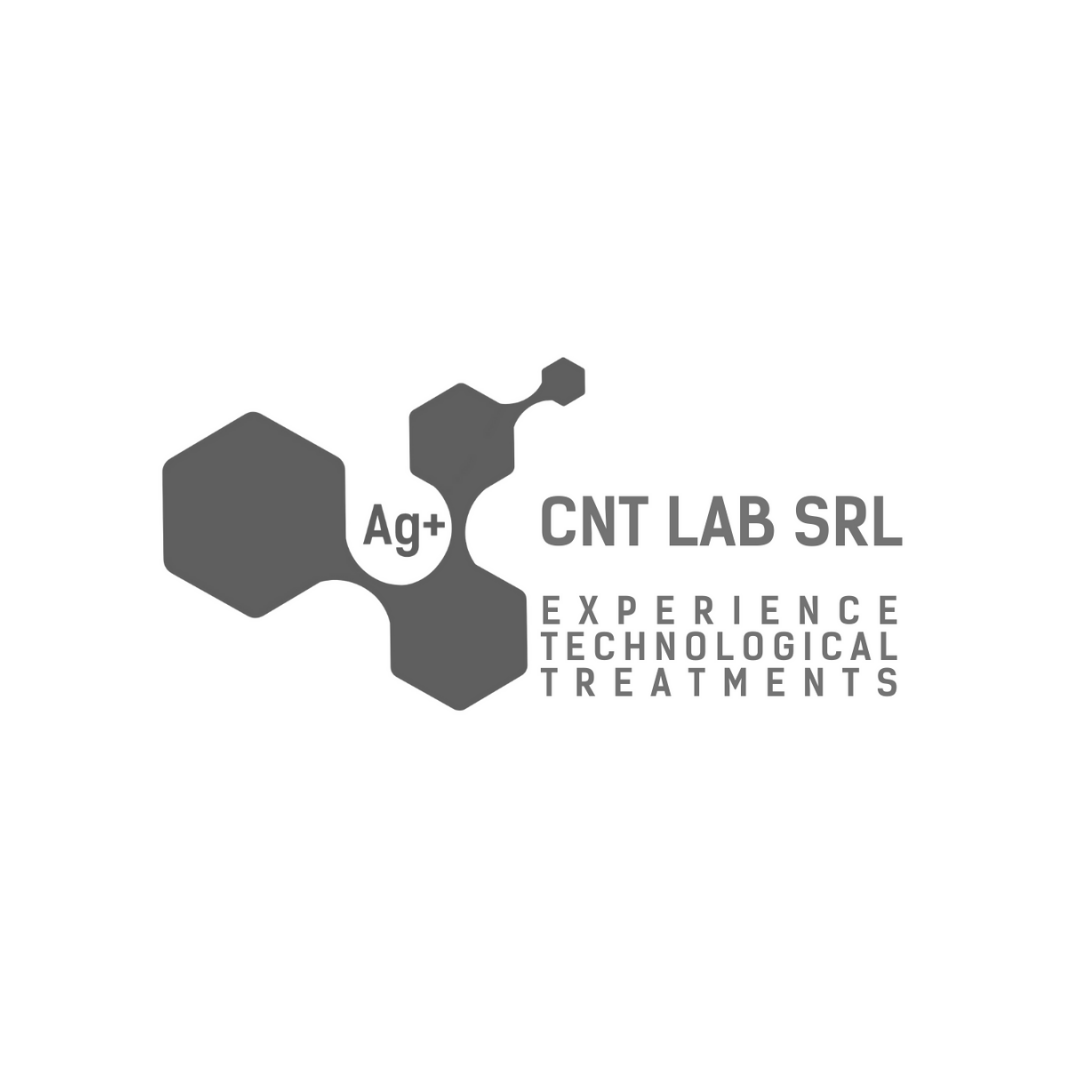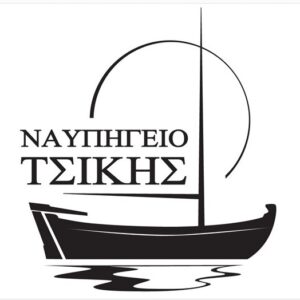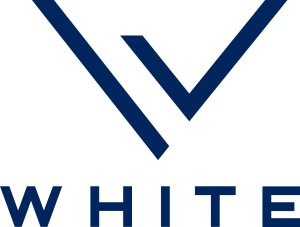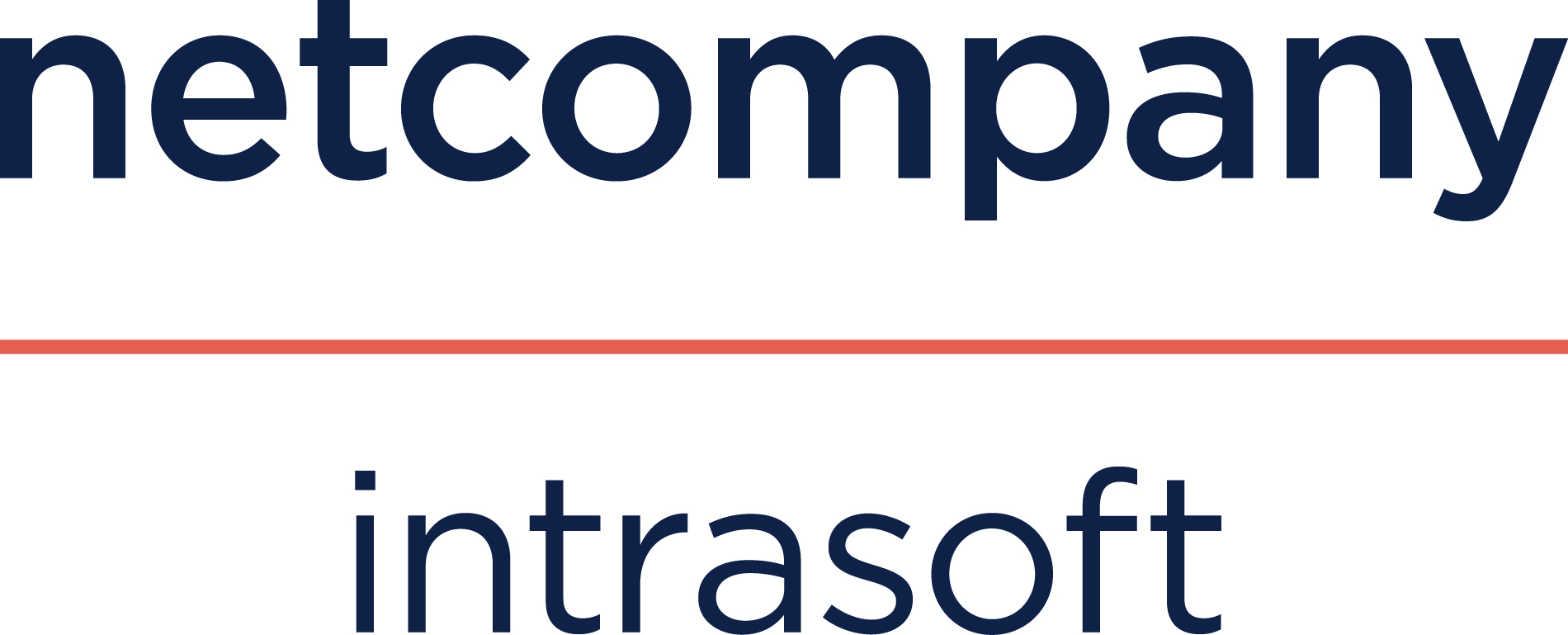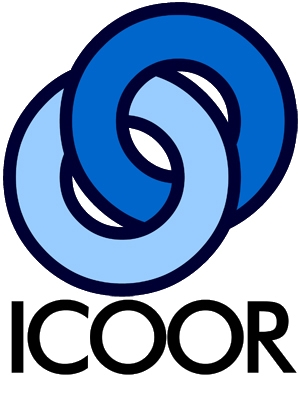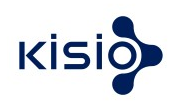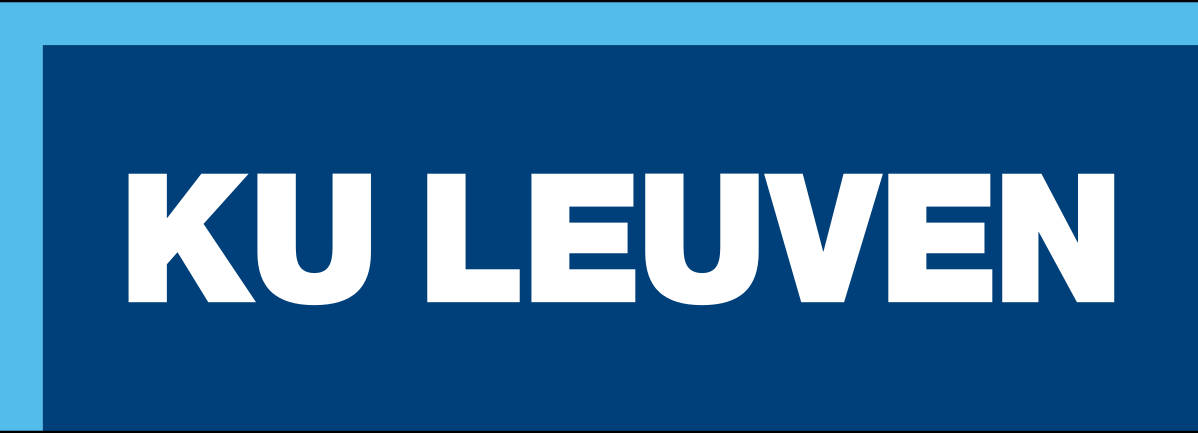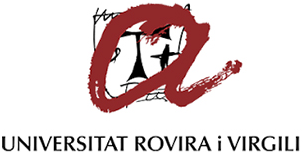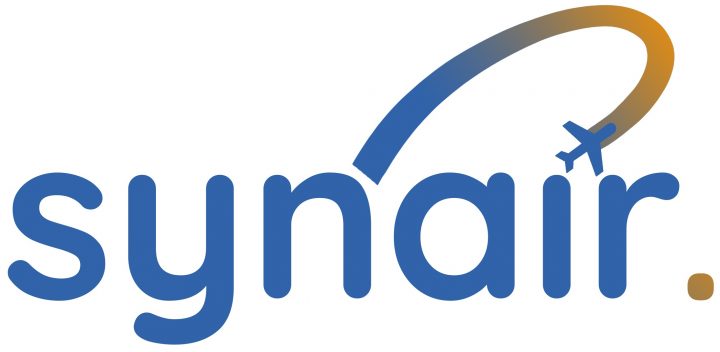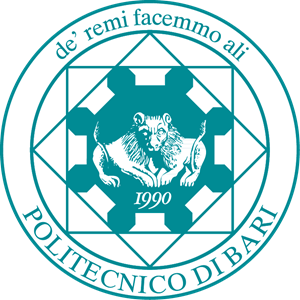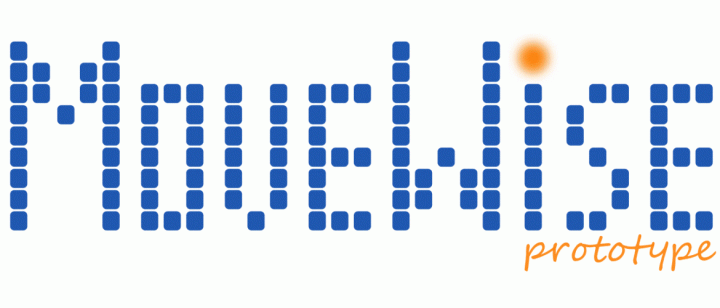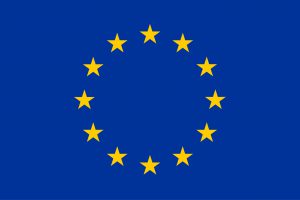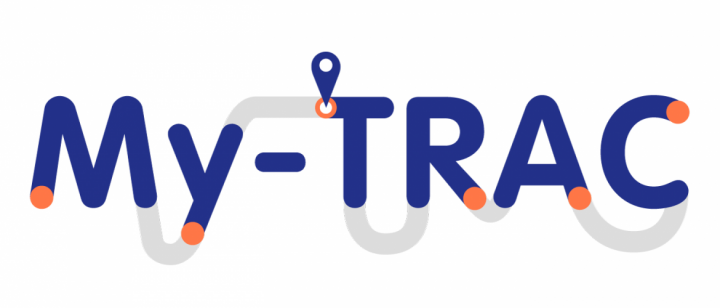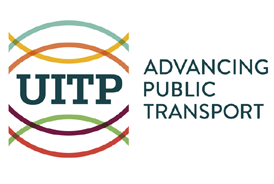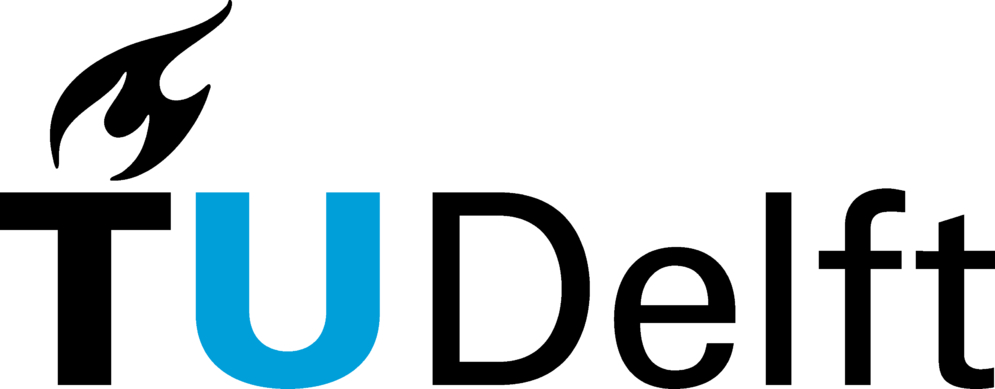HS4U
Abstract
The overall objective of the HS4U project is to offer an evidence-based approach extending standardized design and regulatory paradigms towards industry 5.0. The project is promoting principles of modularization, optimization, and smart systems engineering towards the detection, prevention, mitigation and management of large passenger and cruise ships. Hence, HS4U holistic solutions for stress relief over conditions of health crises prioritize the assessment of typical cruise designs and day-to-day tasks. Following its two use cases (CELESTYAL and COLUMBIA BLUE), and its 4U(nique) pillars approach for research, i.e., societal/human, environmental, technological, legislation factors, it adopts and delivers state-of the art ecosystem of technologies offering groundwork to rethink health and safety designs and frameworks. HS4U bridges cross-sectorial multidisciplinary expertise to cross-fertilize research findings and provide best practices, protocol/ policy recommendation and a complete solution for crew training based on multi-player gaming. Validation of proposed technology and passenger behavioral model will be based on live experiments. Special HS4Us open source/FAIR offerings are:
- Collaborative digital framework (CDF) for live interaction of crew/passengers and IoT edge devices on the ship based on co-robotics concepts and Artificial Intelligence mechanisms and models.
- Viral Detection Sensor (VDS) that will be developed, tested, validated, delivered, patented and commercialized to offer online indication of the location of pathogenic airborne spreads in indoor environments.
- “Robot-cabin” real-life demonstrator displaying evidence-based 4U solutions on the interoperability of smart, and innovative methods for ship systems effective and fast detection, prevention, mitigation and inter-compartment, intercompartment management ensuring healthy ship operations and safe return to port over conditions of health crises.
Role of AETHON
AETHON will have a significant role in the project by leading Work Package 3: ‘Technical and Technological Research’. Furthermore, AETHON will lead the research and development of a passenger behavioral model, due to its specialization in the transport field and data analysis. AETHON will also overview all the data related activities as an assigned Data Protection Officer.
Partners
Project Information

